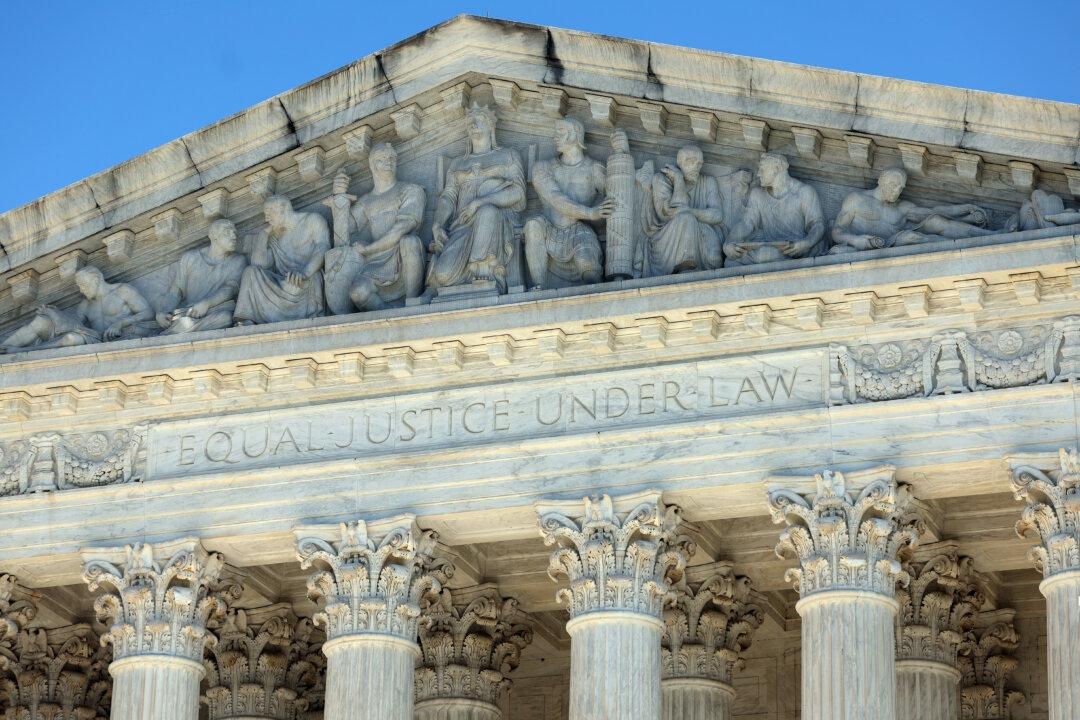The U.S. Supreme Court on April 10 issued an order temporarily preventing Ohio voters who support repealing the qualified immunity rule from gathering signatures to place the issue on a future Ohio ballot.
Qualified immunity, a rule created by the courts, shields government officials, including police officers, from individual liability unless the wrongdoer violated a clearly established right. Civil libertarians have become increasingly critical of qualified immunity in recent years, which they say allows government officials to escape liability for sometimes egregious wrongdoing.





